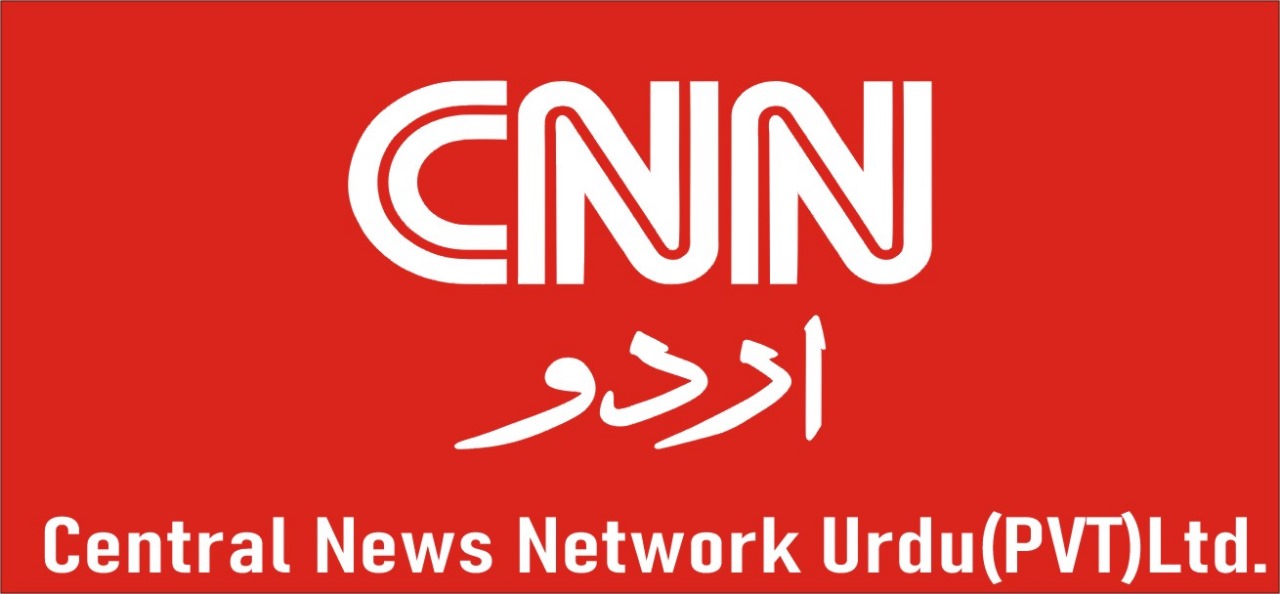By Wasif Ali Khan
TWA
━━━━━━
Russian President Vladimir Putin has once again raised global alarm by issuing a stark warning to Western nations: Moscow will not hesitate to use nuclear weapons if it perceives a serious threat to its security. In an address to Russia’s Security Council, Putin emphasized that nuclear weapons could be deployed if conventional military attacks threaten Russia or its close ally, Belarus. This statement serves as a chilling reminder that nuclear deterrence remains central to Russia’s military strategy, a position many hoped would fade after the Cold War.
However, this latest warning from the Kremlin is more than just a political statement. It underscores a very real and dangerous possibility—any use of nuclear weapons, even in response to conventional warfare, would have catastrophic consequences. These would extend far beyond Russia’s borders, causing irreversible damage globally.
A Shift in Russia’s Nuclear Policy
Putin’s remarks signal a shift in how Russia views its nuclear arsenal. The new guidelines suggest that Moscow might resort to nuclear weapons not just in response to a nuclear strike but also in reaction to significant conventional military threats. This raises the stakes considerably, pulling the world back into an era of intense nuclear brinkmanship.
Another concerning aspect of this strategy is its integration with Belarus. By aligning its nuclear defense with Belarus and potentially other military alliances, Russia is turning Eastern Europe into a tinderbox. Even a minor miscalculation could trigger a nuclear response, making the situation perilously unstable.
Immediate Humanitarian Catastrophe
A nuclear strike by Russia, particularly in Ukraine, would result in unimaginable human suffering. Entire cities would be wiped out, millions of lives lost, and vast areas of land rendered uninhabitable for generations. Ukraine, already devastated by war, would face a humanitarian crisis of unprecedented scale, with millions more displaced and a refugee crisis that would reverberate across Europe.
Additionally, radioactive fallout wouldn’t be confined to Ukraine. Neighboring countries such as Poland, Hungary, and Romania would face contamination risks, affecting both their populations and their ecosystems. The interconnected nature of today’s global economy and environment means the effects would ripple far beyond Eastern Europe.
The European Threat
Eastern Europe, particularly NATO members like Latvia, Lithuania, Estonia, and Poland, would be directly threatened in the event of a nuclear strike. NATO’s collective defense agreement under Article 5 could lead to a full-scale confrontation between Russia and the alliance, dramatically escalating the conflict and increasing the likelihood of mutual nuclear destruction.
Western Europe would not escape the fallout. Radiation could spread across the continent, contaminating air, water, and food supplies. Major European economies like Germany, France, and the UK, already grappling with the war’s economic disruptions, could face complete collapse as supply chains disintegrate and energy resources become scarce.
Global Ramifications
Any nuclear conflict would inevitably draw in the world’s most powerful nations. As a leading NATO member, the United States would be forced to respond, likely escalating the situation into a global nuclear standoff. China, a close ally of Russia, would face its own geopolitical dilemma, torn between supporting Moscow and maintaining international stability.
The effects would spread across Asia and the Middle East, destabilizing oil markets and pushing global energy prices to unprecedented levels. Countries like India and Pakistan, balancing their diplomatic and economic ties with both the West and Russia, would face difficult choices, risking regional instability and economic collapse.
A Long-Term Global Catastrophe
The immediate destruction of a nuclear conflict would be followed by a prolonged global disaster. A nuclear winter could drastically lower global temperatures as smoke and soot block out sunlight, decimating agricultural production. This could lead to widespread famine, particularly in vulnerable regions like Africa and South Asia, where food security is already precarious.
The environmental damage would be irreversible. Ecosystems would be destroyed, and efforts to combat climate change would be set back by decades. The world would be left grappling with the aftershocks of nuclear devastation, while the capacity for recovery and rebuilding would be severely hindered.
What’s truly alarming is that all of this devastation could be triggered by miscalculation, misunderstanding, or a single, isolated act of aggression. In this context, diplomacy and de-escalation are more important than ever. The international community must act to prevent the Ukraine conflict from spiraling into a wider, potentially nuclear war.
For Western nations, especially NATO members, it is essential to balance defending Ukraine’s sovereignty with ensuring that their actions are not perceived as existential threats by Moscow. The risk of provoking a nuclear response remains too high to ignore.
At the same time, Russia must be held accountable for its reckless nuclear rhetoric. Nuclear weapons are not tools for political leverage—they are the most dangerous instruments of mass destruction. Putin’s willingness to use them as a response to conventional threats is a shift that endangers global peace.
In a world already dealing with crises ranging from climate change to economic inequality, the reemergence of nuclear conflict as a threat should be unthinkable. Yet, President Putin’s warnings make it clear that the danger is real. World leaders must now unite, not just to de-escalate this immediate crisis, but to work toward a future where the specter of nuclear war no longer looms over us all.
The cost of failure in this endeavor would be nothing short of humanity’s greatest tragedy.
Wasif Ali Khan
Wasif Ali Khan, the author of this article, is the Editor of TWA. He reports on a wide range of issues and can be reached at wasif@twa.com.pk.



1 comment
Excellent